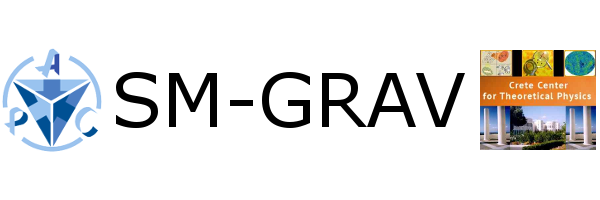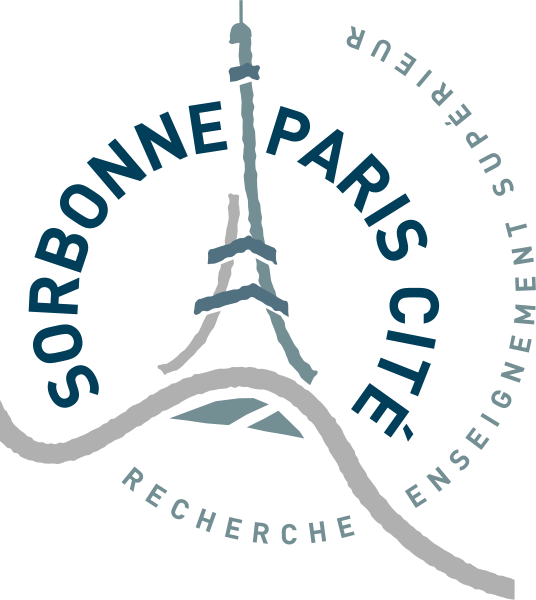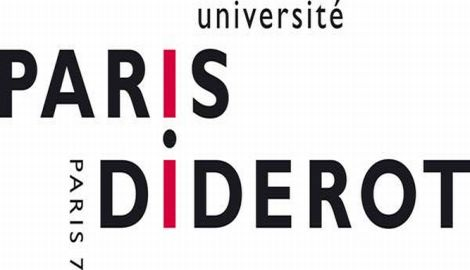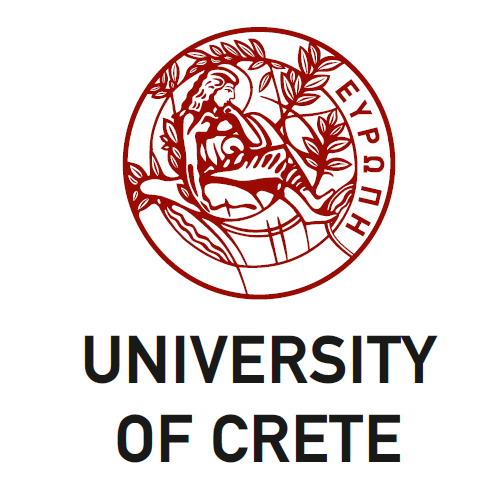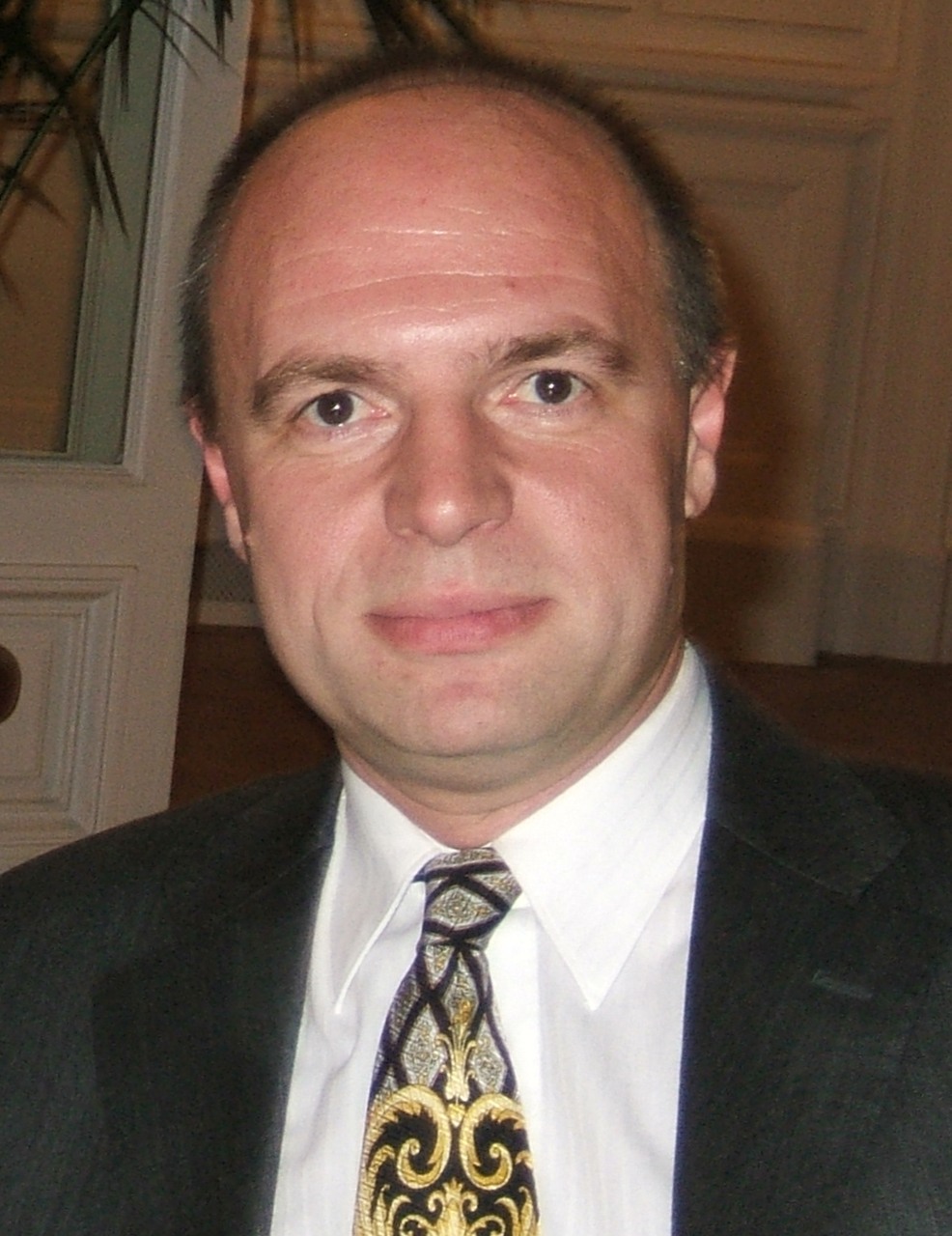
Elias Kiritsis obtained his PhD in physics from the California Institute of Technology in 1988.
- He worked as a research associate at the University of California at Berkeley (1988-91), and the Ecole Normale Supérieure in Paris (1991-92). From 1992-98 he was staff member at the Theory Division at CERN. He is full professor of physics at the University of Crete since 1999. He is also Directeur de Recherche at CNRS in France since 2002. He was associated with the Laboratoire de Physique Théorique at Ecole Polytechnique (2002-2008) and since 2009, with the laboratory «Astroparticule et Cosmologie» of Université Paris 7. He has held short term, visiting positions in several European and American Universities.
- He is known for his research in particle physics and cosmology. He has contributed to the understanding of phenomenological aspects of string theory, proposed new models in cosmology motivated from branes and strings, and has been recently utilizing string theory techniques to understand the physics of black holes, the deconfined phase of Quantum Chromodynamics and strong interactions in condensed matter physics.
- His research work (140 papers, many conference proceedings, and 5 reviews) has more than 11000 citations and his h-index is 61. He is the author of two books on string theory (from Princeton University Press and Leuven University Press). He has lectured at 35 international advanced schools and foreign PhD programs, gave plenary talks to more than 170 international conferences and organized 48 high-level conferences and workshops in several countries.
- He has supervised 7 PhD students and more than 60 postdoctoral researchers.
- He has been invited as an evaluator for research and science policy matters in Belgium, Canada, Chile, Esthonia, France, Greece, Israel, Italy, Netherlands, Sweden, United Kingdom, USA as well as the EU Marie Curie and Ideas/ERC programs.
- He was the recipient in 2004 of one of the few European Union Marie Curie Excellence Grants (about 15 given per year for all sciences) and is currently the recipient of an Advanced ERC grant (in 2015).
- He is also the recipient (in 2013) of the “prime d’excellence” from CNRS in France.
A longer cv can be found here

